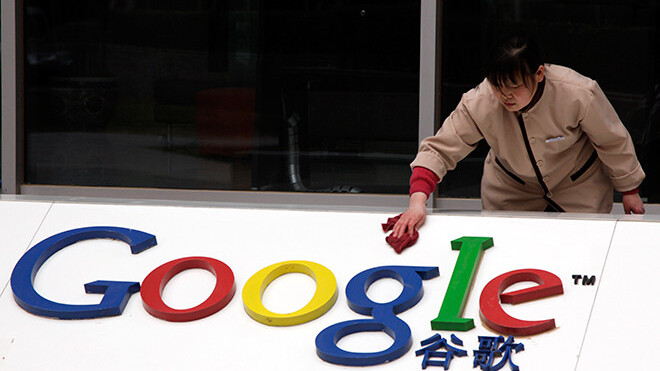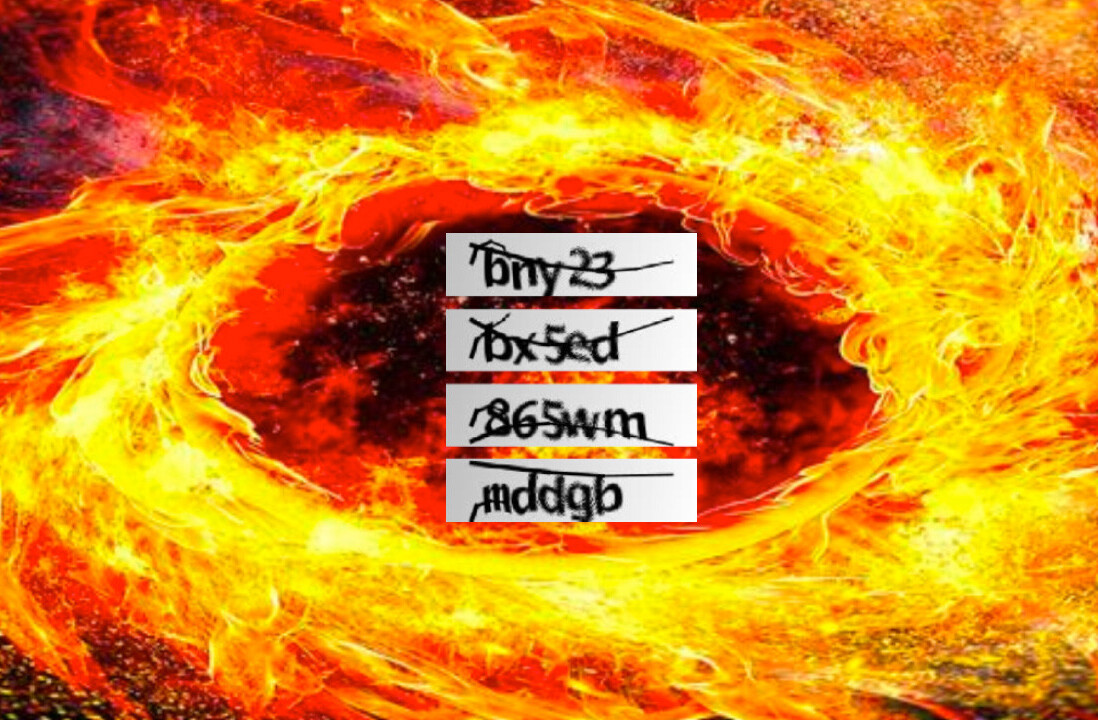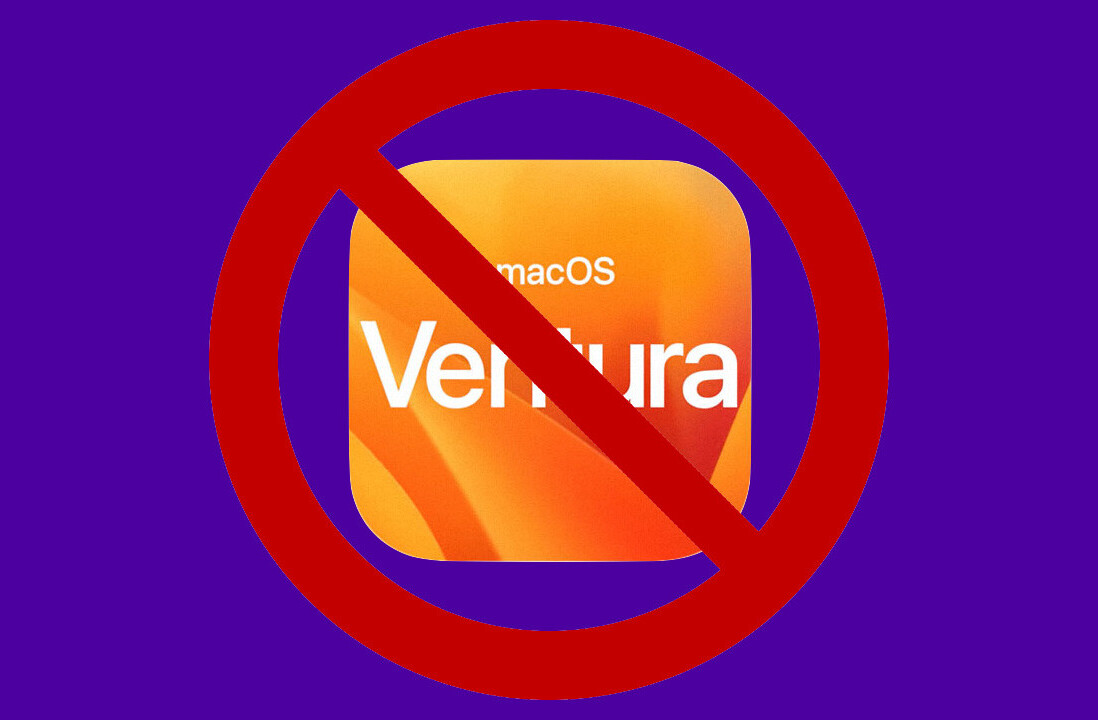
Apple has been granted at least a partial victory in its patent suit against Android phone maker HTC today, reports Cnet. The US International Trade Commission has today ruled that HTC violated two of Apple’s patents.
The ITC judge that ruled on the case provided an initial determination that HTC had infringed on two out of the 10 patents involved in the suit, according to a statement from the company.
HTC also said that it would appeal the decision. Grace Lei, general counsel for HTC stated, “HTC will vigorously fight these 2 remaining patents through an appeal before the ITC Commissioners who make the final decision.”
The case stems from an ITC filing by Apple on July 12th that sought the halt of imports on several flagship HTC devices including the HTC Droid Incredible, Droid Incredible 2, Wildfire, T-Mobile mytouch 3G, T-Mobile myTouch 3G Slide, T-Mobile G1, T-Mobile G2, Evo 4G, Aria, Desire, Hero, Merge, Inspire 4G, Evo 4G, Thunderbolt, Thunderbolt 4G, and the HTC Flyer tablet.
Apple stated the unlicensed use of several patents by these devices as a basis for the claim, including patents on scrolling, rotation and scaling operations on touch-screen displays, as well as touch screens used in vehicle instrumentation, to prove their claims. There is also one that refers to ‘portable computers’ and one that is for a double-sided touch-sensitive panel.
HTC responded to the filing earlier this month by stating its ‘disappointment’ with Apple. “HTC is disappointed at Apple’s constant attempts at litigations instead of competing fairly in the market,” HTC’s general counsel Lei stated, “HTC strongly denies all infringement claims raised by Apple in the past and present and reiterates our determination and commitment to protect our intellectual property rights.”
If the ruling on these patents holds up, this could mean trouble for HTC and a possible halt to the import of these devices, says Florian Mueller, of FOSS Patents, “this could in a worst-case scenario result in a shutdown of many or even all Android-based HTC products in the U.S. market. In a less extreme scenario,” said Mueller, “HTC might have to remove certain functionality from its products, and that could result in a significant degradation of the user experience and quality of those devices.”
There is an even wider implication at work here, however, one that could affect all Android device makers, not just HTC. If the patents are software, not hardware, related and relate to the common Android code base that all manufacturers of these devices rely on to run their products, Mueller says that the consequences could be dire for the entire Android market stating, “Apple could soon be in a strong position to obtain import bans against dozens of device makers.”
According to All Things D, the patents involved are 5,946,647 and 6,343,263. These patents are ones that are very likely to be infringed upon by code that is at the heart of Android and may put Apple in a position to obtain import bans against almost any device maker using Android. Florian Mueller supports this in an update to his post, stating:
This could in a worst-case scenario result in an import ban against many or even all Android-based HTC products in the U.S. market.
In a slightly less negative scenario, HTC might have to remove certain functionality from its products, and that could result in a significant or even substantial degradation of the quality of those devices.
Since those patents don’t appear to relate to HTC’s own extensions of Android but to Android itself, they may affect all of the other makers of Android-based devices. Apple could soon be in a strong position to obtain import bans against dozens of device makers.
Get the TNW newsletter
Get the most important tech news in your inbox each week.




